'The police will give weightage to the socially strong.'
'The dominant caste is usually a powerful person, while the scheduled caste is normally powerless.'
'That is why FIRs are not registered.'
'Most of these complaints are by very poor people against very rich powerful people.'
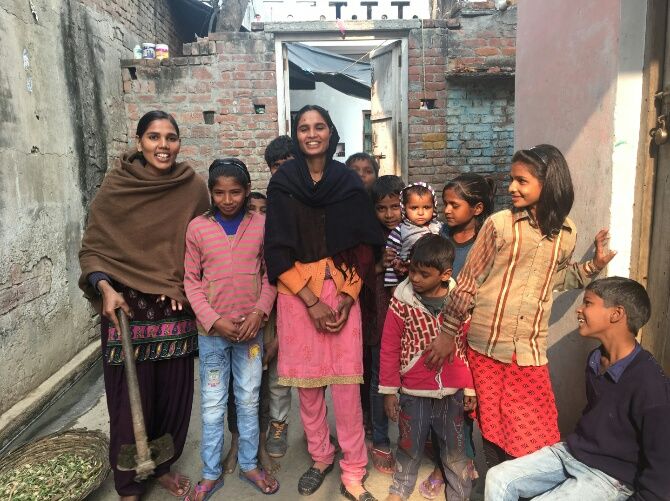
Paul Divakar, general secretary, National Campaign on Dalit Human Rights, tells Rediff.com's Archana Masih about the blatant and subtle discrimination faced by Dalits every day of their lives.
"Dalits face social and economic exclusion. Many people don't even consider them as human beings.
Even educated middle class people when they employ Dalits, they will make them sit on the floor, have a separate glass for them, won't allow them to use the bathroom.
The common courtesy that is extended to a typical human being is not extended to Dalits.
Our mindset dictates how we treat them.
This is done by people like you and I who are not criminals and are good citizens.
We may be Hindu, Muslim or Christian, but when it comes to these aspects of caste, we don't consciously discriminate, but we still don't consider them as equal human beings.
The other thing is exclusion from resources like public utilities -- water, housing.
They live in separate settlements. They lack opportunities, even if they do well, their access to employment is very restricted.
Once it is known that you are a manual scavenger's son or daughter you are not given well paid jobs.
This is the background they live in and so when a crime is committed against them, their access to the criminal justice system is also restricted.
The Constitution has changed, but the behaviour hasn't, so you need special legislation.
A special legislation was brought in to prevent this discrimination.
Societal pressure creates images based on which people relate to each other and that needs to be corrected.
A changed perspective should come from schools, colleges, temple priests, mosques, churches -- the message should go out that all are equal.
Special legislation can be seen in two ways -- as a corrective measure to send a message to society that the government or the State will not tolerate violence against people.
A cultural norm should not be turned into crime against humanity.
Secondly, you know that the law exists because as a country you cannot be seen as following such barbaric practices, but it is not implemented in its true spirit. It is a Catch-22 situation.
The law says all Indians are to be treated equal, but when a Dalit goes to a teacher, s/he will make you sit at the back.
Dalits will only be thought of if an animal has died and has to be removed or if the toilet has to be cleaned.
This persists even after the Constitution has outlawed this discrimination and there is an Act abolishing manual scavenging.
Peace and justice is not in the mindset of the police, the police is focussed on maintaining law and order.
When peace and justice is not the mindset of the police, in an effort to maintain law and order, the police will give weightage to the socially strong.
The dominant caste is usually a powerful person, while the scheduled caste is normally powerless.
When there is this kind of disparity, you need a highly progressive minded, social conscious police that goes beyond law and order to bring peace and justice to society.
But the concept of peace and justice is neither there in the police or in people's representatives -- panchayat president, zila parishad presidents etc.
That is why FIRs are not registered. Most of these complaints are by very poor people against very rich powerful people.
This is creating barriers instead of building ramps for the Dalits."
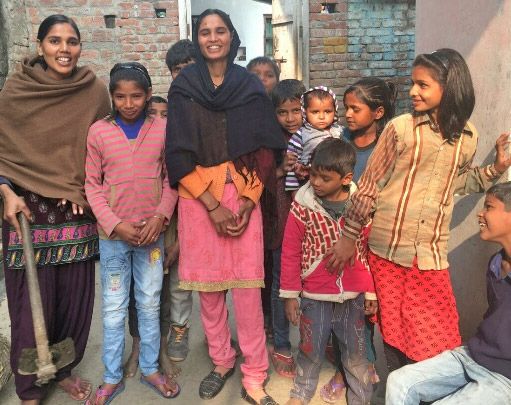








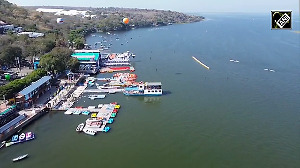
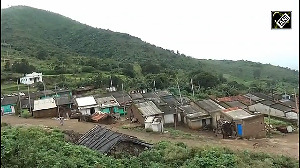
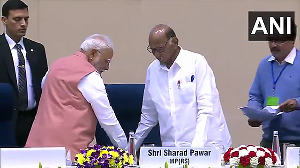
 © 2025
© 2025